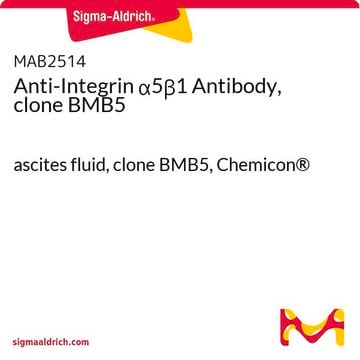W209708
Anisole
≥99%, FCC, FG
Synonym(s):
Methoxybenzene, Methyl phenyl ether
About This Item
Recommended Products
biological source
synthetic
Quality Level
grade
FG
Fragrance grade
Halal
Kosher
Agency
follows IFRA guidelines
reg. compliance
EU Regulation 1223/2009
EU Regulation 1334/2008 & 178/2002
FCC
FDA 21 CFR 117
vapor density
3.7 (vs air)
vapor pressure
10 mmHg ( 42.2 °C)
Assay
≥99%
form
liquid
autoignition temp.
887 °F
refractive index
n20/D 1.516 (lit.)
bp
154 °C (lit.)
mp
−37 °C (lit.)
density
0.995 g/mL at 25 °C (lit.)
application(s)
flavors and fragrances
Documentation
see Safety & Documentation for available documents
food allergen
no known allergens
fragrance allergen
no known allergens
Organoleptic
anise; ethereal
SMILES string
COc1ccccc1
InChI
1S/C7H8O/c1-8-7-5-3-2-4-6-7/h2-6H,1H3
InChI key
RDOXTESZEPMUJZ-UHFFFAOYSA-N
Looking for similar products? Visit Product Comparison Guide
Related Categories
General description
Application
- Detecting Pathogenic Phytophthora Species Using Volatile Organic Compounds.: Explores the potential of anisole as a key volatile organic compound in the early detection of plant pathogens, offering significant implications for agriculture and biosecurity (Sherwood et al., 2024).
- Assessment of new hydrogen peroxide activators in water and comparison of their active species toward contaminants of emerging concern.: Discusses the role of anisole in the activation of hydrogen peroxide for environmental cleaning applications, highlighting its effectiveness in degrading pollutants (Farinelli et al., 2024).
- A Three-in-One Hybrid Strategy for High-Performance Semiconducting Polymers Processed from Anisole.: Presents a novel approach to synthesizing high-performance semiconducting polymers from anisole, potentially revolutionizing materials used in electronics and optoelectronics (Liu et al., 2024).
- Electron beam lithography on nonplanar and irregular surfaces.: Utilizes anisole in a sophisticated manufacturing process to achieve precise patterning on non-planar surfaces, enhancing the capabilities of microfabrication technologies (Zhu et al., 2024).
Signal Word
Warning
Hazard Statements
Precautionary Statements
Hazard Classifications
Flam. Liq. 3 - STOT SE 3
Target Organs
Central nervous system
Storage Class Code
3 - Flammable liquids
WGK
WGK 2
Flash Point(F)
109.4 °F - closed cup
Flash Point(C)
43 °C - closed cup
Personal Protective Equipment
Choose from one of the most recent versions:
Already Own This Product?
Find documentation for the products that you have recently purchased in the Document Library.
Customers Also Viewed
Our team of scientists has experience in all areas of research including Life Science, Material Science, Chemical Synthesis, Chromatography, Analytical and many others.
Contact Technical Service














